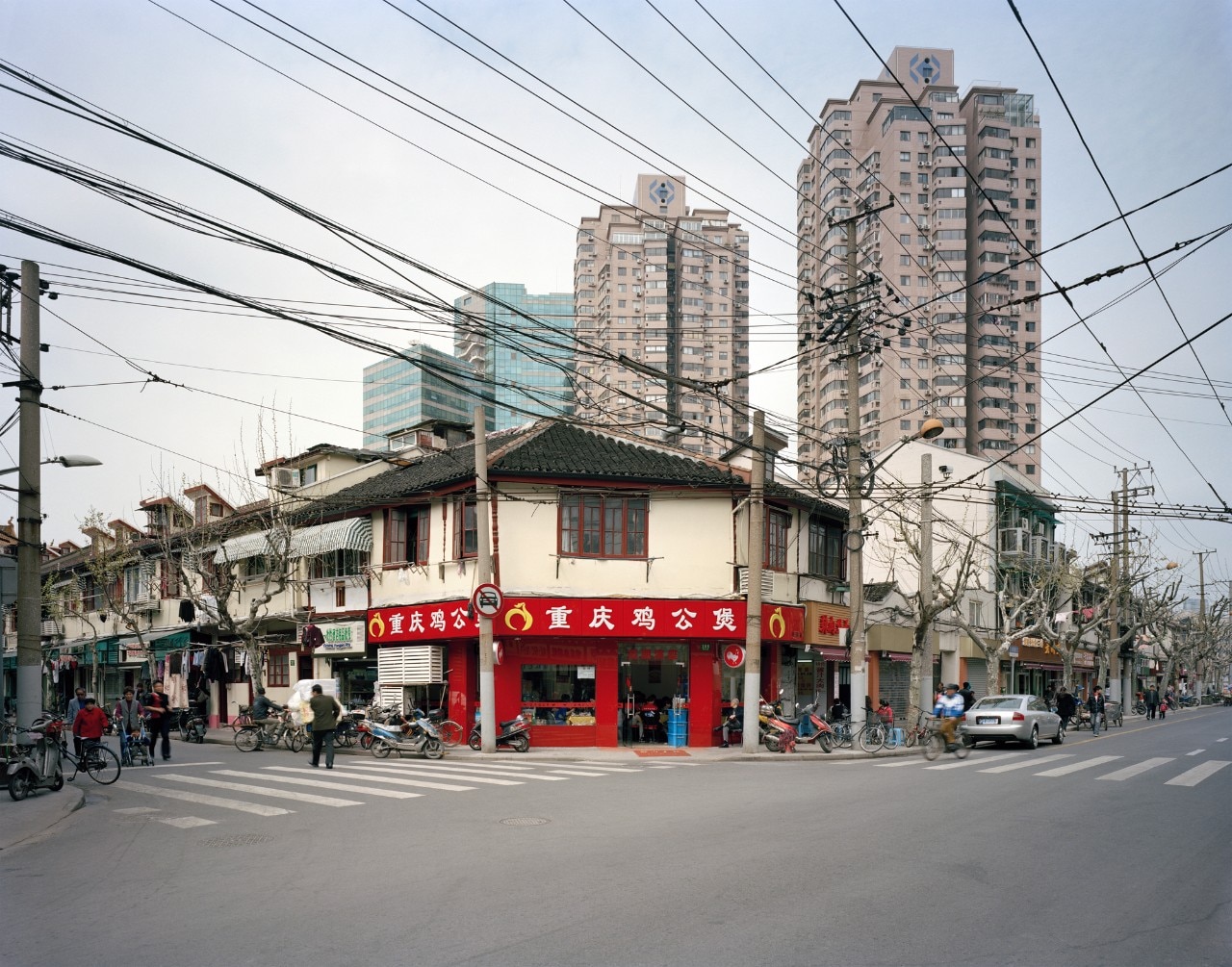A selection of eleven photographs, some of which are entirely unpublished, forms the exhibition "Gabriele Basilico. Shanghai," curated by Andrea Elia Zanini on view at Fondo Malerba per la Fotografia in Milan until January 31, 2025.
Eleven images that convey the impression of hearing, almost aloud, the thoughts of Gabriele Basilico, one of the world’s most renowned photographers of urban landscapes, as he observes a transforming Shanghai through his camera lens.
It was 2010 when Basilico was commissioned by the Italian Ministry of Foreign Affairs and architects Franco Purini and Vittorio Gregotti to document the Italian Pavilion at the Shanghai World Expo in China.
Shanghai was already a rapidly expanding city, with 20 million inhabitants and over 5,000 newly constructed skyscrapers. The World Expo served as the city's ultimate showcase to the world—an edition destined to make history as the most expensive ever organized.
But above all, what strikes Basilico is the city that lies beyond the pavilions erected on the two banks of the Huangpu River. Beyond the fireworks, the opening ceremonies, and the handshakes exchanged by political leaders and international artists like Andrea Bocelli and Jackie Chan, there is a city in profound transformation. Here, the gradual demolition of traditional Chinese working-class neighborhoods makes way for new constructions. This becomes evident near the New Towns of Pujiang, Puxi, and Pudong, beneath the skyscrapers that seem to march in formation, casting their shadows over historic courtyard-style homes, the shikumen.
Shanghai emerges as a paradox—a temporal coexistence suspended between past and future, preservation and progress. After all, the same Expo 2010, a pinnacle celebration of human progress entitled "Better City, Better Life", is based on a fundamental statistic: from the last century, the urban population has risen from 2% to 50%, with projections reaching 55% by 2010.
As Filippo Maggia, author of the text included in the book dedicated to this photographic series and published by Electa for the photographer's 80th birth anniversary, explains:
What sets Basilico's work in Shanghai apart from his projects in other cities around the world is his ability to merge vastly different architectural styles into images that bear witness to the transition from one era to another, from one century to the next. Basilico contextualizes the city’s modernization process with a clear-eyed perspective, seamlessly blending it with his signature architectural photography. In his images, skyscrapers rise—silent and imposing—within a landscape still taking shape, day by day.
Filippo Maggia
Images that, through today’s lens, appear almost symbolic and visionary—and it’s no coincidence they are finding space on the printed page for the first time. In the aerial shots, rooftops blend into a geometric pattern of similar colors—red, blue, gray, green—transforming the city into a vast microchip that blankets the entire urban surface.
Exhibition: Gabriele Basilico. Shanghai. Where: Fondazione Malerba per la Fotografia, Milan. Dates: December 4, 2024 – January 31, 2025.









